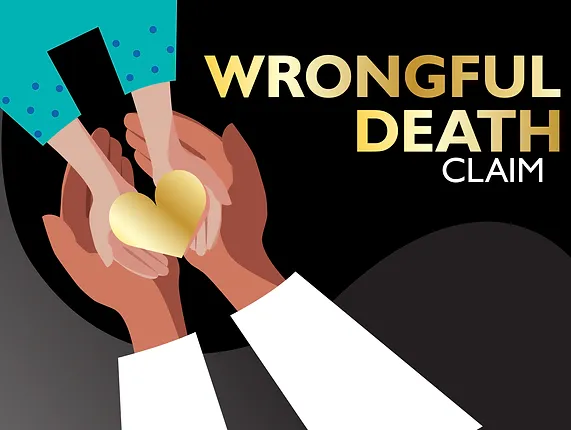A wrongful death occurs when the negligence, recklessness, or intentional act of another person results in death by definition. When these types of deaths occur, the surviving family members are often left with emotional trauma, financial difficulties, and a sense of injustice. That is why it is essential to understand your legal options and seek the help of a personal injury attorney.
Do I have a wrongful death claim?
To determine if you have a wrongful death claim, it is essential to understand the elements that make up a wrongful death lawsuit. In Florida, a wrongful death claim must be based on one of the following:
- Negligence: This occurs when a person or entity fails to act with reasonable care and causes a death.
Intentional act: If a person or entity intentionally causes a death
Strict liability: In certain circumstances, a person or entity may be held strictly liable for a death, regardless of whether they acted negligently or intentionally.
Some examples of these types of claims are if someone passed in a car accident, because of medical malpractice, or by a defective product. That is just to name a few as there are numerous other issues which could constitute a case.
What does Florida law say about wrongful death claims?
Florida law provides several provisions that govern wrongful death claims. Some of the key aspects of Florida law include:
Statute of limitations: In Florida, the statute of limitations for wrongful death claims is two years from the date of death.
Eligible parties:
In Florida, the following parties may bring a wrongful death claim:
the deceased person’s spouse
Children
Any other dependents
sometimes, the personal representative of the deceased person’s estate
Damages: In Florida, damages in a wrongful death claim may include compensation for:
Economic damages: This includes compensation for expenses such as medical bills, funeral expenses, and lost income.
Non-economic damages: This includes compensation for emotional pain and suffering, loss of companionship, and loss of support.
Punitive damages: In some cases, the court may award punitive damages to punish the person or entity responsible for the death.
How can a personal injury attorney help in a wrongful death claim?
If you have a wrongful death claim, it is essential to seek the help of a personal injury attorney. A personal injury attorney can assist you in several ways, including:
Investigating the cause of death: A personal injury attorney will conduct an investigation into the cause of death and gather evidence to support your claim.
Determining the liable parties: A personal injury attorney will determine who is responsible for the death and ensure that all liable parties are named in the lawsuit.
Representing you in court: A personal injury attorney will represent you in court and argue your case on your behalf.
Negotiating a settlement: In many cases, a personal injury attorney can negotiate a settlement with the liable parties to resolve your case without the need for a trial.
Protecting your rights: A personal injury attorney will ensure that your rights are protected throughout the legal process and that you receive fair compensation for your losses.



